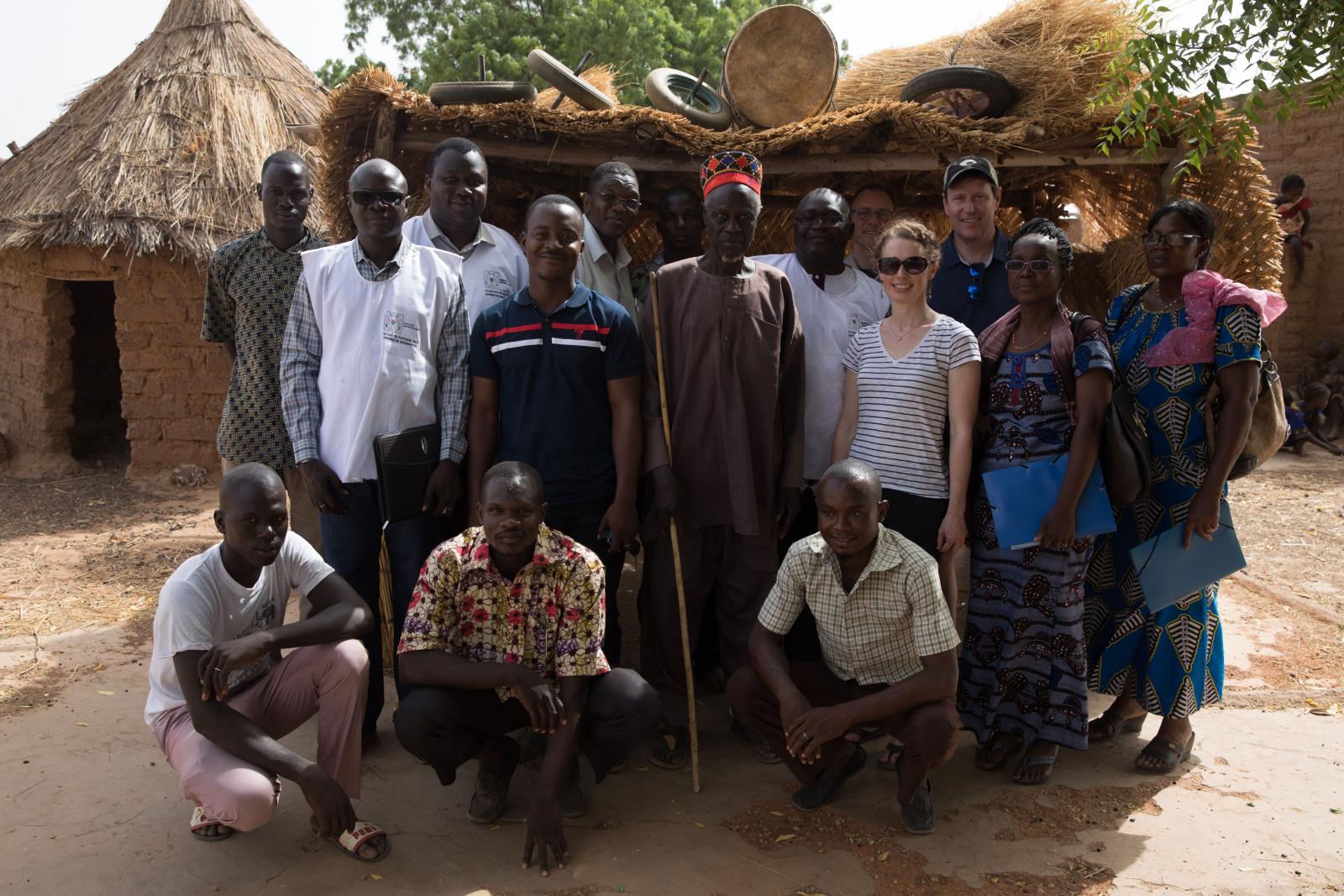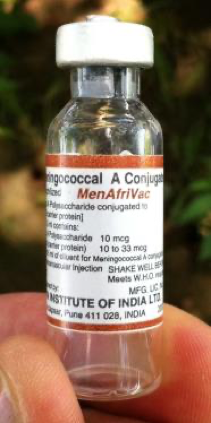
For greater than a century, epidemic meningitis has posed a recurrent threat for over 470 million people in the 26 countries across the sub-Saharan region of Africa known as the “meningitis belt”, where the population experiences high endemic rates of bacterial meningitis, annual seasonal outbreaks and explosive epidemics occurring every 5–12 years. While bacterial meningitis has many different causes, the pathogen Neisseria meningitidis serogroup A contributed significantly to the burden of this disease. In 2010, hope to eliminate this devastating public health threat came in the form of a novel vaccine (MenAfriVac®, Serum Institute of India, Ltd) and by 2018 more than 300 million individuals in 22 countries had been immunized with MenAfriVac®. Resulting data have provided evidence of this vaccine’s immediate and substantial impact on reducing disease, carriage, and the elimination of epidemics caused by serogroup A in the Meningitis belt¹.
The immense strides required for making MenAfriVac® a reality across the meningitis belt and producing high quality data to inform decisions required a collaborative and concerted effort across multiple countries, organizations, and institutions. Thus, with an initial grant from the Bill & Melinda Gates Foundation in 2013, the MenAfriNet Consortium was established to unite multiple institutions to establish a regional meningitis surveillance consortium in sub-Saharan Africa, working together to enhance technical capacity for meningitis surveillance in priority countries and monitor the impact of the meningococcal A conjugate vaccine. The CDC Foundation and the U.S. Centers for Disease Control and Prevention (CDC), in partnership with the World Health Organization-Regional Office for Africa (WHO-AFRO), Davycas International (a non-governmental agency based in Burkina Faso that focuses on health issues impacting West and Central Africa), Ministries of Health and other non-governmental agencies with expertise in meningitis surveillance in the region successfully joined together to form the consortium in an effort to evaluate long term effectiveness of existing vaccine programs and to support decision-making, implementation strategies, impact evaluations, and special studies for bacterial meningitis.

The MenAfriVac® Vaccine. Photo Credit: CDC